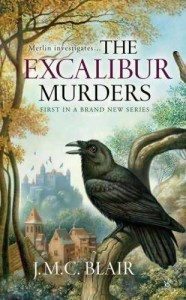 The Excalibur Murders
The Excalibur Murders
By J.M.C. Blair
Rating: 6 of 10
Here’s the premise: Merlin isn’t a wizard, he’s a modern day detective-scholar. When several murders seemingly related to the supernatural rock the halls of Camelot and threaten to undermine King Arthur’s authority, Merlin and his band of students work to uncover the true natural story of what happened. What they find is a plot to overthrow Arthur. All of this sounds spectacular, and that’s why I picked up the book from the new bookshelves of the library. But the execution of the story telling left me wanting more.
I’ve begun to notice something in several books I’ve read lately (Caleb’s Crossing being the most obvious other example). Authors seem to put modern people with all their modern sensibilities into ancient settings as a way of providing contrast to tell a story and move the plot forward. In the case of Caleb’s Crossing, which recently won a Christianity Today book-of-the-year award, the main character, Bethia, often sounds like a modern woman thrown into the early colonial period. The contrast helps magnify the differences between then and now, but the character seems less than believable.
The same is true of Merlin in The Excalibur Murders. He is a modern skeptic of the supernatural trying to bring education and reason to a land dominated by superstition. I suspect there were truly people ahead of their time in the ancient world, but I would guess that they were a little less different and a little more complicated than either of these authors makes their protagonist out to be. For example Merlin could have had one superstition that he did believe in. That would have made him seem more like a realistic character of the day.
This ongoing issue I have with modern writers putting modern sensibilities into ancient times aside, I’ll probably still pick up the next book in The Excalibur Murders series. It was still entertaining to read.
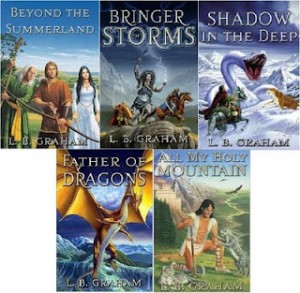
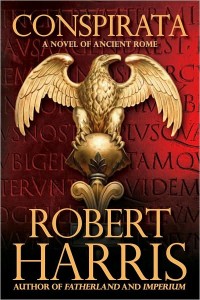
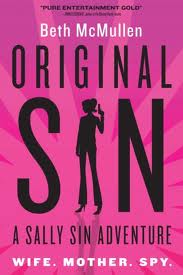

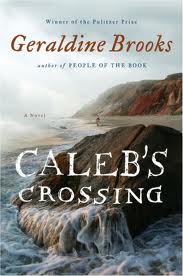
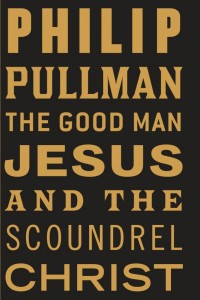
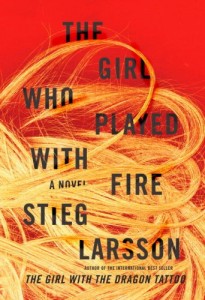

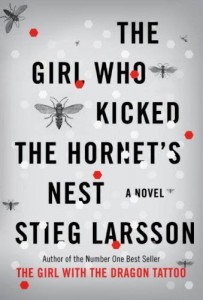
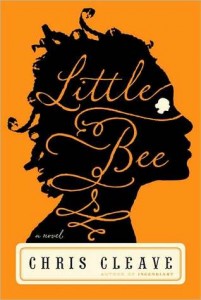

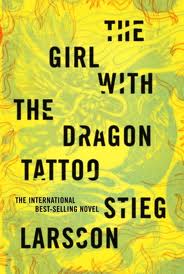
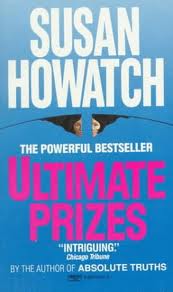

Recent Comments